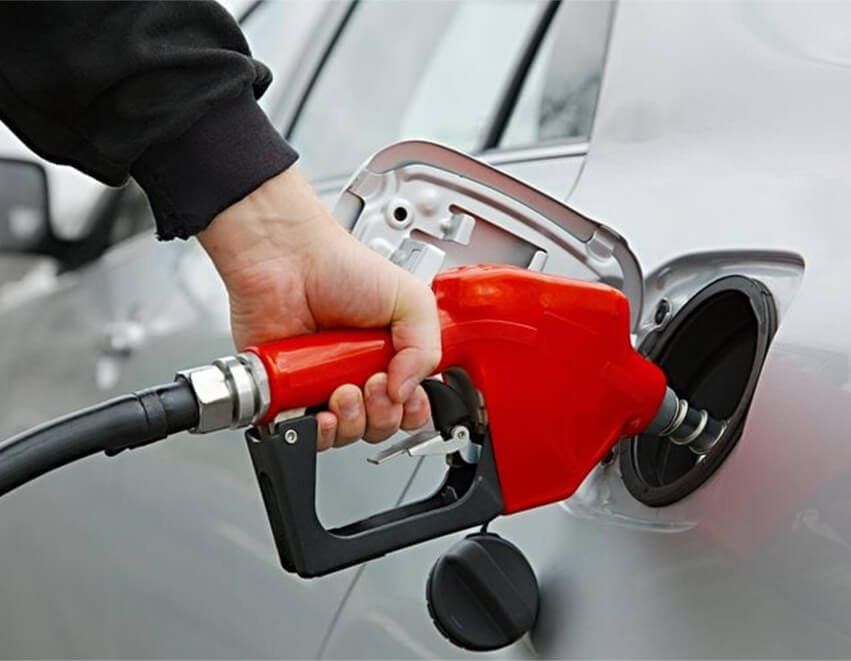In the realm of fuel flow measurement, mechanical fuel meters remain essential despite the digital age. Operating on simple physics, they track liquid volumes accurately without relying on electronics. With rugged construction and minimal moving parts, these meters are ideal for diverse applications from fleet fueling to pipeline monitoring.
In today’s world of digital technology, you might think mechanical devices are a relic of the past. But when it comes to measuring fuel flow, mechanical meters still reign supreme in many applications. These unsung workhorses use simple physics rather than electronics to accurately track liquid volumes.
Let’s explore what makes mechanical fuel meters so reliable and ubiquitous.
At their core, mechanical fuel meters operate on basic principles – measuring flow by counting revolutions of internal rotors or discs displaced by the liquid stream. As fuel passes through, it imparts motion to these components in direct proportion to the volume.
Common designs include:
By tallying these oscillations or rotations, the meter calculates highly accurate flow quantities and rates. No batteries or electronics are required – just the transfer of kinetic energy from the liquid to the internal mechanism.
One key advantage of mechanical meters is their simplicity and durability. With minimal moving parts and no electrical components, there are fewer potential points of failure compared to electronic meters. This makes them ideal for harsh outdoor environments, extreme temperatures, vibration, and operation in hazardous areas.
The rugged construction also means low maintenance and long service life – many meters remain accurate for 20+ years with just basic upkeep. They are often specified for critical custody transfer applications where proving reliability and traceability are paramount.
While electronic meters have carved out residential and commercial markets, mechanical meters still dominate in heavy industrial settings. You’ll find them hard at work measuring millions of gallons per day in sectors like:
Mechanicals enable accurate fuel management and billing for trucks, buses, and heavy equipment fleets fueling at cardlocks and bulk plants.
Their precision and durability under extreme conditions make them perfect for briefing military aircraft and commercial airliners.
Mechanicals monitor fuel transfers between storage tanks and rail/truck loading terminals with legal traceability.
Rugged design allows installation on remote pipeline segments to detect leaks and ensure custody compliance.
While digital meter technology progresses, mechanical meters continue delivering reliable, cost-effective flow measurement for critical fuel handling. As long as there is a need for simple, rock-solid accuracy – these mechanical marvels will keep spinning, nutating, and oscillating their way through the fuel supply chain.
Whether you need a trusted mechanical workhorse or advanced digital intelligence, Aocheng Group’s diverse meter portfolio has you covered. Explore our fuel meter lineup and tap into nearly 40 years of industry-leading flow measurement expertise.




